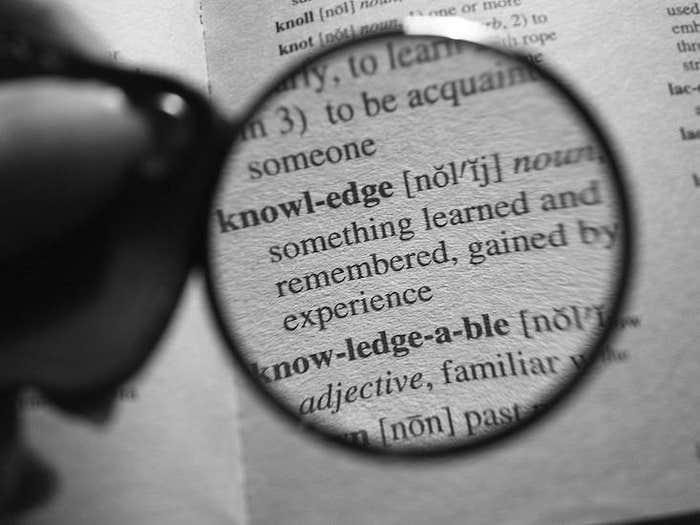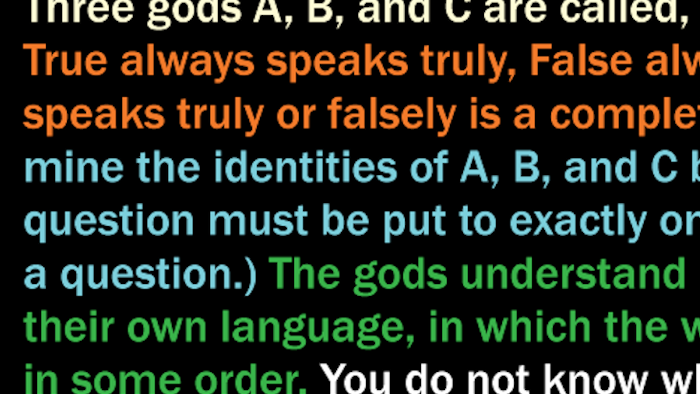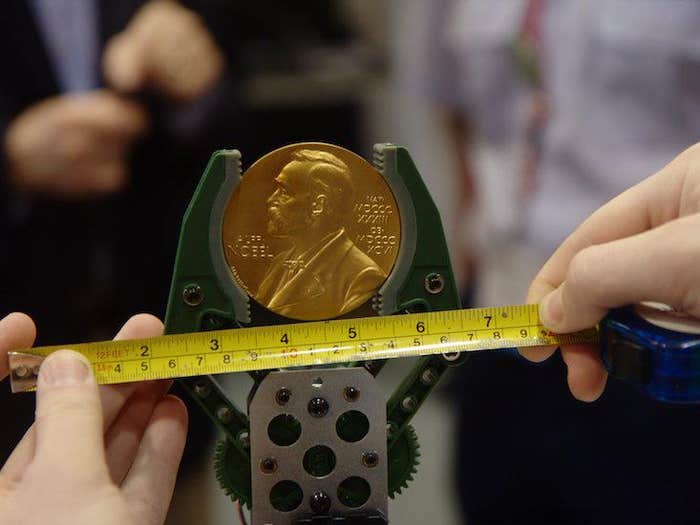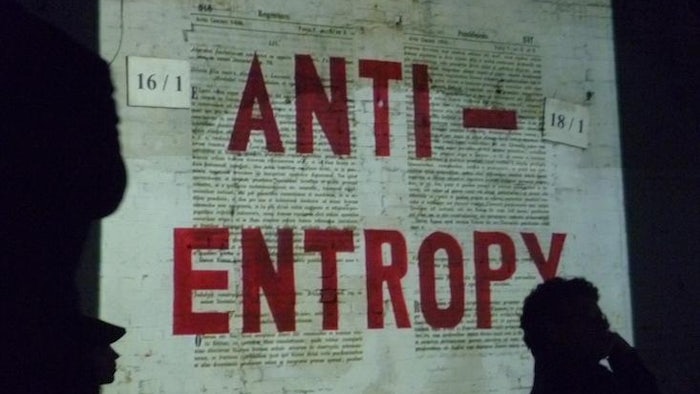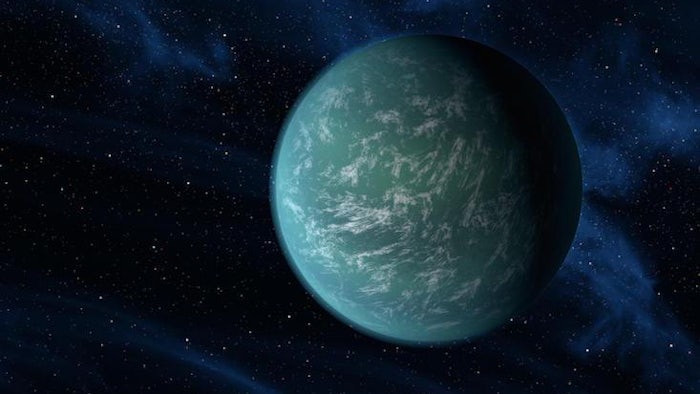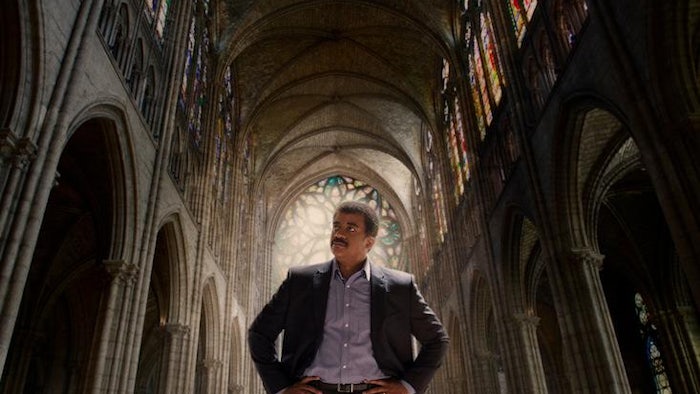Brian Gallagher
If Nature Had a Human Personality, What Would It Be?
It can be foolish to anthropomorphize the natural world. Perhaps the most frequent version of this failing is when people attribute human thoughts and emotions to animal behavior. Look at that adorable polar bear caressing that sled dog! Clearly that’s an endearing display of affection. It wasn’t, as a Washington Post article titled, “First a […]
This Simple Philosophical Puzzle Shows How Difficult It Is to Know Something
If knowledge isn’t justified true belief, what is it?
Is an Engineer an Artist?
One of my favorite moments from the history of science comes from a man whose name may be hard to improve on: Robert Rathburn Wilson. In 1967, in the midst of the space race with the Soviet Union, he became the first director of the National Accelerator Laboratory (later to be renamed, in honor of […]
How to Solve the World’s Hardest Logic Puzzle
While a doctoral student at Princeton University in 1957, studying under a founder of theoretical computer science, Raymond Smullyan would occasionally visit New York City. On one of these visits, he met a “very charming lady musician” and, on their first date, Smullyan, an incorrigible flirt, proceeded very logically—and sneakily.“Would you please do me a […]
Lawrence Krauss Versus Freeman Dyson on Gravitons
Yesterday, in the New York Review of Books, Freeman Dyson analyzed a trio of recent books on humanity’s future in the larger cosmos. They were How to Make a Spaceship: A Band of Renegades, an Epic Space Race, and the Birth of Private Spaceflight; Beyond Earth: Our Path to a New Home in the Planets; […]
Is the Nobel Prize Good for Science?
Yesterday, CNN Money published an article headlined, “Nobel prize winner tells Clinton: Tax fossil fuels.” The winner in question was Joseph Stiglitz, an economist at Columbia University, who received the prize 15 years ago. As you might expect, the Nobel is hardly his only accolade. He’s not only the World Bank’s former chief economist and […]
Aristotle at the Gigafactory: Why Physics Is a Philosophy
On Friday, in Storey County, Nevada, a woman at Tesla’s Gigafactory inauguration hollered, “Beam me up, Elon!” Elon Musk, the electric car company’s chief executive officer, had just taken the stage along with J.B. Straubel, Tesla’s chief technical officer. “Okay, we’re working on that one,” Musk gamely replied before saying: “Alright—welcome everyone to the Gigafactory […]
Yes, Your Brain Does Process Information
Do you know what information is? No worries if you don’t. Clarity on the concept is apparently hard to come by. In a May cover story, New Scientist wondered, “What is information?” The answer: “a mystery bound up with thermodynamics” that “seems to play a part in everything from how machines work to how living […]
A Water World Would Be the Ultimate Surfing Spot
Now that we’re nearly into the second week of our “Currents” issue, I thought it’d be fitting to recall our interview with Lisa Kaltenegger, an astronomer at Cornell University and the director of its Carl Sagan Institute. Before Christopher Nolan’s Interstellar came out, in 2014, Kaltenegger sat down with Nautilus to discuss her work, and she rhapsodized about the physics and […]
Why Neil deGrasse Tyson Shuns Sam Harris’ Swamp of Controversy
On The Tonight Show, in March 1978, the late astronomer Carl Sagan had lots to talk about. He had just published Dragons of Eden: Speculations on the Evolution of Human Intelligence—which would win the Pulitzer Prize—and Star Wars, released the year before, still captivated the public’s imagination. When Johnny Carson, the show’s then-host, asked Sagan […]











